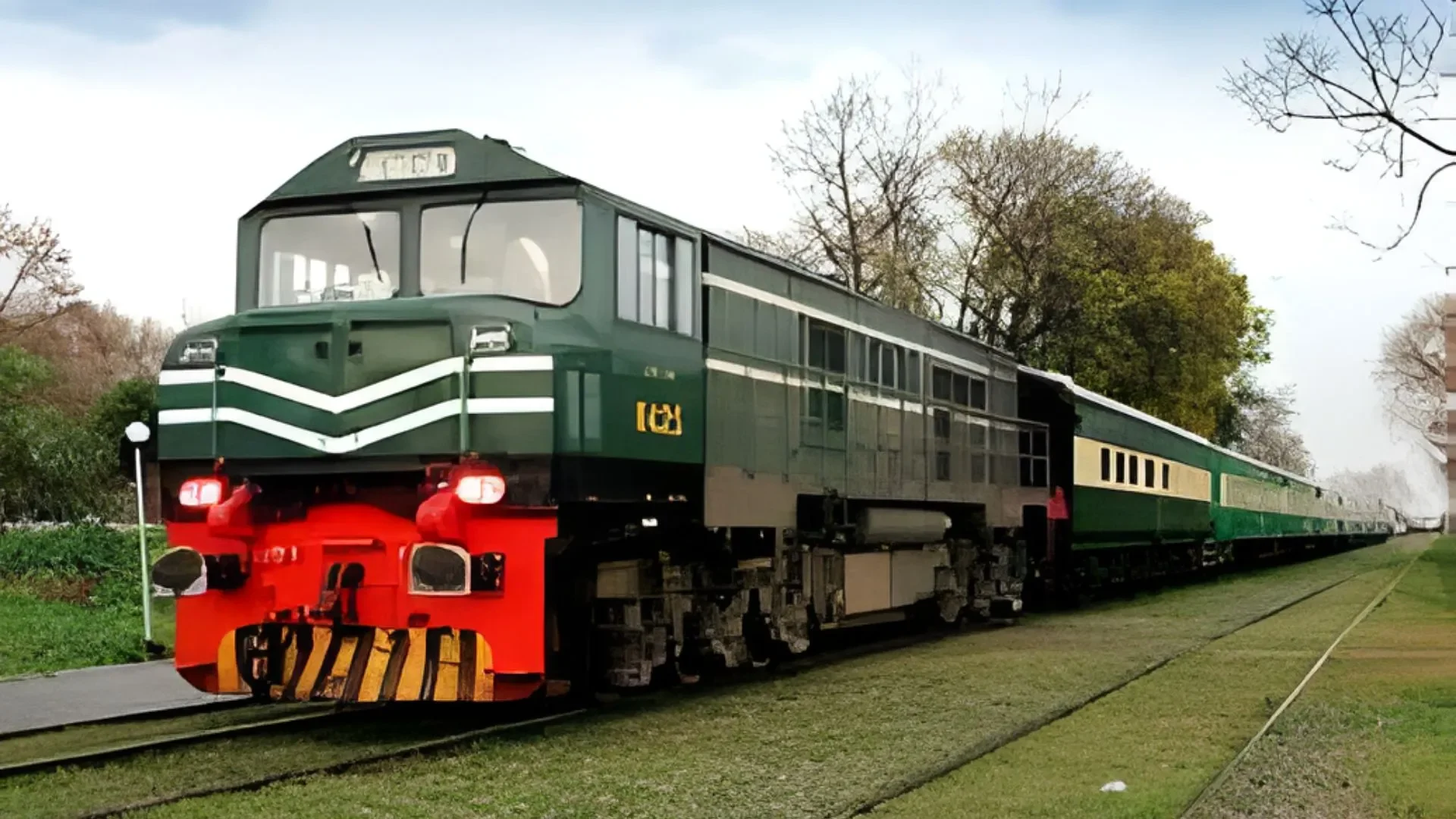By Muhammad Faisal
After years of worn-out tracks and slow trains, the Pakistan Railways rehabilitation project is finally putting its trains back on track — literally. The department plans to spend nearly Rs100 billion to fix and upgrade 19 branch lines across the country, aiming to make train travel safer, faster, and more reliable for passengers.
Major Investment in Pakistan’s Rail Network
According to documents reviewed by this reporter, the project will cover a total of 2,479 kilometers of track in all four provinces. Punjab will get the biggest share, with Rs44.4 billion set aside for repairs. Sindh will receive Rs35.9 billion, while Khyber Pakhtunkhwa (KP) will get Rs17.2 billion for upgrades.
Punjab’s Expanding Rail Infrastructure
In Punjab, eight major branch lines are included in the plan. These range from the 78-kilometer Shahdara–Narowal route, costing Rs3.9 billion, to the 370-kilometer Raiwind–Kasur–Pakpattan line, which will take Rs10.7 billion.
Other routes include the Qila Sheikhupura–Jaranwala–Shorkot line, the Shorkot–Jhang–Sargodha track, and the long Kashmore–Dera Ghazi Khan–Kot Addu route — all part of the province’s massive rail repair push.
Sindh’s Rail Revival and Connectivity
Sindh will see six of its key lines rebuilt, including the Hyderabad–Mirpur Khas–Marvi route, which alone will cost Rs10.3 billion. Other lines on the list include Kotri–Dadu, Dadu–Habib Kot, and Hyderabad–Badin. These improvements are meant to reconnect major towns and cities that have long depended on trains for daily transport and trade.
Khyber Pakhtunkhwa and Balochistan Get Their Share
In Khyber Pakhtunkhwa, four branch lines will be upgraded. These include the 62-kilometer Jahangira Road–Peshawar section, the 65-kilometer Nowshera–Dargai line, and the shorter Mardan–Charsadda and Peshawar–Jamrud routes. The total cost for KP’s upgrades is estimated at more than Rs17 billion.
Even Balochistan is getting a piece of the plan. A 33-kilometer stretch there will be repaired at a cost of Rs1 billion, ensuring that no province is left out of the rail network revival.
Modernization, Safety, and Economic Benefits
A senior Pakistan Railways official said the project is a big step toward fixing years of neglect, poor management, and lack of modernization. The goal, he said, is not just to repair old tracks but also to restore people’s trust in train travel as a safe, affordable, and efficient way to move around the country.
The plan includes upgrading signaling systems and introducing modern coaches with better safety features. Passengers will also see new digital ticketing options and real-time tracking to make their travel smoother and more transparent.
Beyond passenger comfort, the official added, the project will also help the economy. A stronger rail network will make it easier and cheaper to move goods across Pakistan, boosting trade and taking pressure off the country’s overused highways.
By investing in safety, reliability, and modernization, the government hopes to make trains a popular choice once again — connecting cities, reducing costs, and helping drive national growth in the years ahead.
Author Profile






